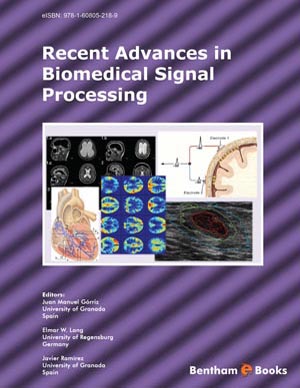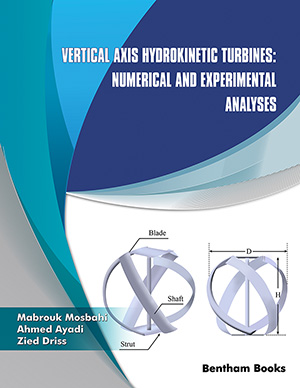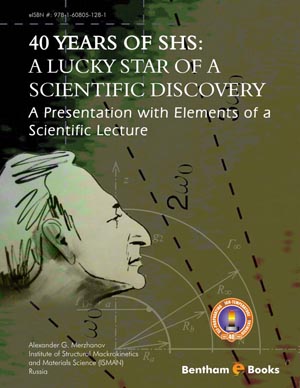Abstract
Biomedical signals often represent non-stationary and non-linearly coupled time series resulting from a non-linear superposition of underlying modes which are indicative of the current state of the biomedical system monitored. Their non-linear coupling and non-stationary nature exacerbates their interpretation and presumes profound expert knowledge and experience. Recently, an empirical nonlinear analysis method for complex, non-stationary time series has been pioneered by N. E. Huang. It is commonly referred to as Empirical Mode Decomposition (EMD) and adaptively and locally decomposes such time series into a sum of oscillatory modes, called Intrinsic Mode Functions (IMF). Their Hilbert-Huang transform provides exact time-frequency spectra and their related instantaneous amplitudes and energies. Thereby new and important insights can be gained as each relevant mode can be extracted in isolation. This provides new insights into their interdependencies and allows to identify typical signatures when the latter start to behave abnormally. Classical time series analysis methods fail to provide such insights as they are not prepared to deal with non-stationary and non-linearly coupled signals. The contribution reviews the technique of EMD and related algorithms and shortly discusses recent applications to biomedical problems.
Keywords: empirical mode decomposition (EMD), time series analysis, non-stationary, brain status data

















